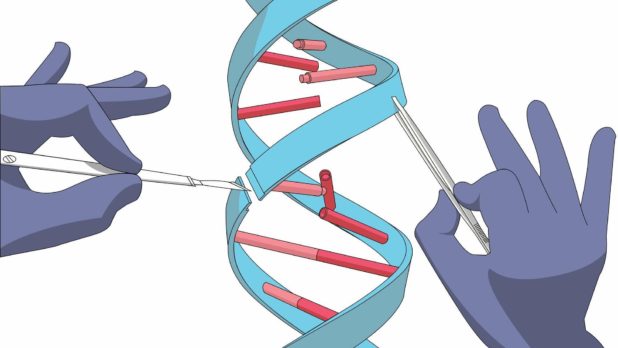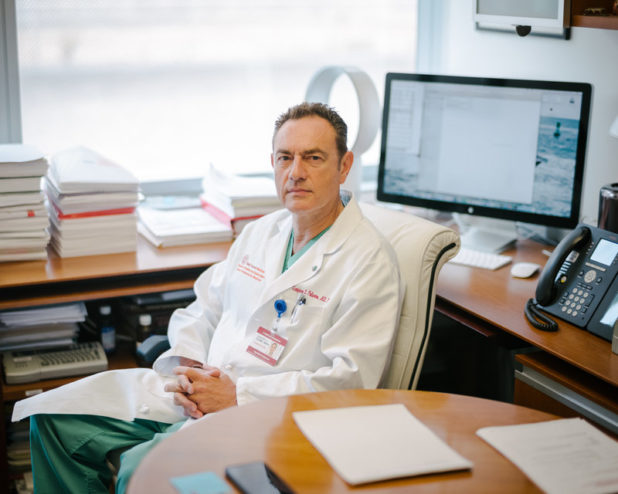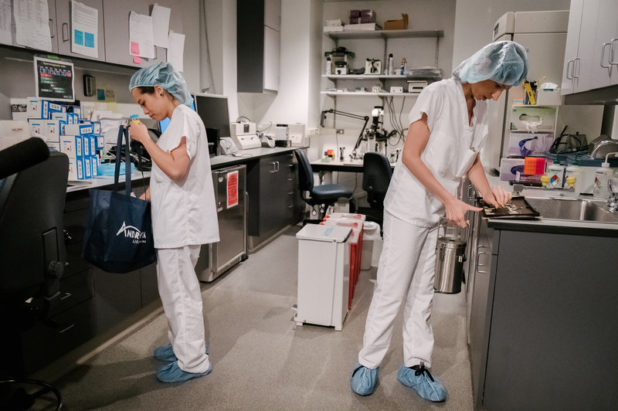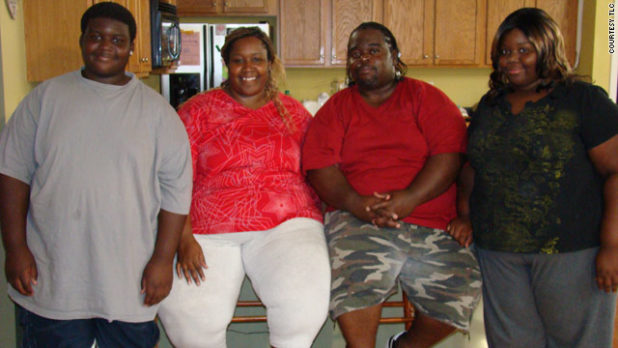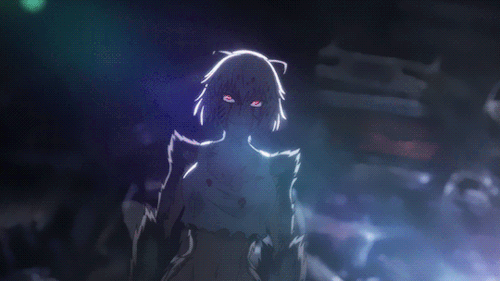Pomidor Quixote
Daily Stormer
August 24, 2019
Editing human genes is becoming an increasingly popular topic. We’re moving in a strange but promising direction.
NPR:
First it was human embryos. Now scientists are trying to develop another way to modify human DNA that can be passed on to future generations, NPR has learned.
Reproductive biologists at Weill Cornell Medicine in New York City are attempting to use the powerful gene-editing technique called CRISPR to alter genes in human sperm. NPR got exclusive access to watch the controversial experiments underway.
The research is aimed at finding new ways to prevent disorders caused by genetic mutations that are passed down from men — including some forms of male infertility. The team is starting with a gene that can increase the risk for breast, ovarian, prostate and other cancers.
The experiments are just starting and have not yet been successful. But the research raises many of the same hopes — and fears — as editing the DNA of human embryos. Nevertheless, the researchers defend the work.
“I think it’s important from the scientific point of view to investigate in an ethical manner to be able to learn if it’s possible,” says Gianpiero Palermo, a professor of embryology in obstetrics and gynecology at Weill Cornell Medicine, who runs the lab where the work is being conducted.
Gianpiero Palermo
During a recent visit to Palermo’s Andrology Laboratory at Weill Cornell’s Center for Reproductive Medicine, NPR witnessed an experiment attempting to edit a single gene in sperm.
“If we can wipe out a particular gene, it would be incredible,” Palermo says. “Theoretically, in principal, this would be a major, major benefit to society.”
Other scientists who are not involved in the research agree. One of the main goals is to try to understand and possibly prevent male infertility caused by genetic mutations.
“Male infertility is a very common condition,” says Kyle Orwig, a professor in the department of obstetrics, gynecology and reproductive sciences at the University of Pittsburgh School of Medicine. “And there are some diseases that are incredibly devastating to families. And for those diseases, for me, if you could get rid of it, why wouldn’t you get rid of it?“
Talking about wiping out certain genes, suggesting we should get rid of diseases…
Are these scientists Nazis?
What are mutations if not a form of biological diversity? Our whole society is based on the premise that the more differences there are, the better.
Speaking of which, where are the Scientists of Color in this project?
I’m not saying these scientists are Nazis, I’m just saying that if they’re not Nazis, they could just ask the people of Wakanda for some of their wisdom to speed things up.
But others say editing DNA in sperm raises the same troubling questions as editing DNA in embryos. Would it ever be safe to make babies that way? Would it open the door to someone someday trying to make “designer babies“? Should scientists be trying to tinker with the human gene pool in ways that could affect generations to come?
“It doesn’t matter whether you’re manipulating the embryo or you’re manipulating the sperm,” says Françoise Baylis, a bioethicist at Dalhousie University in Canada, who is advising the World Health Organization about gene editing.
“The concern is what kind of world are you creating as you move down the path to start manipulating human genetics. We’re on the cusp of prospective parents controlling the genetics of their offspring,” says Baylis, who wrote the forthcoming book Altered Inheritance: CRISPR and the Ethics of Human Genome Editing.
Theoretically, editing DNA in human sperm could be somewhat safer than editing DNA in human embryos, because in embryos it’s possible to inconsistently edit and miss certain cells, whereas in sperm any changes would be present in every cell of any resulting offspring. But the larger questions remain.
“I know that things can get dangerous and things can get kind of out of hand quickly,” says June Wang, a lab technician conducting the experiments in New York. “But on the other hand, I think that CRISPR can do so much. It has a lot of potential.”
This particular experiment is targeting a gene known as BRCA2. Mutations in this gene can increase the risk for breast, ovarian, prostate and other cancers.
“I have high hopes that we can have a huge impact,” Wang says.
These scientists are starting their gene-editing research experiment thing by targeting a gene that increases the risk for certain cancer, but is increasing the risk for those types of cancer the only thing that said gene does?
We should remove it and see what happens.
You’ve seen all kinds of abominations out there.
It’s too late for “but what if something terrible happens” because something terrible has already happened.
Worrying about science-made genetic disasters when we already have all kinds of man-made genetic disasters is a form of denialism. We’re already in a genetic crisis.
But it’s not too late to fix this mess.
Human-animal “chimera” hybrids and gene-editing have opened up the doors for the solution to walk in, and the solution will walk in with feline elegance.
We’ll start with small modifications such as adding cat ears and tails to girls and then quickly jump to making all kinds of LETHAL WEAPON animal-girl pet slave companions that will hunt our enemies for us with FELINE MASTERY.
There’ll even be honey badger-girl companion weapons especially designed to fight our reptile overlords.
Animal-girl companions will be our claws and fangs, and in this world…
The one with the sharpest fangs wins.
 Daily Stormer The Most Censored Publication in History
Daily Stormer The Most Censored Publication in History
